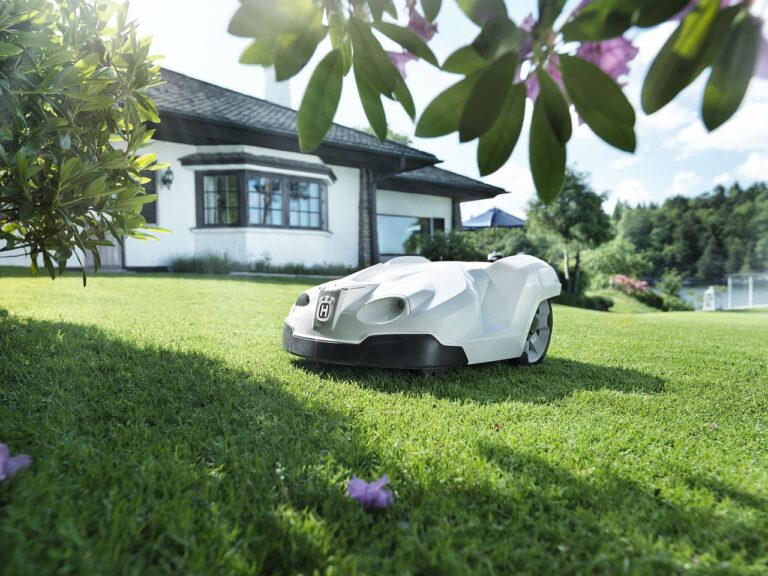Exploring the Benefits of Powerlifting Belts for Weightlifting Safety
laser 247 new id login, lotus betting sign up, 11xplay.pro:Biometric sensors have become increasingly popular in fitness equipment, revolutionizing the way we track and monitor our exercise routines. These sensors are designed to capture data about various aspects of our bodies, such as heart rate, oxygen saturation, temperature, and more. By using this data, fitness enthusiasts can better understand their bodies and make more informed decisions about their workouts.
Increased Accuracy
One of the primary benefits of biometric sensors in fitness equipment is the increased accuracy they provide. Traditional methods of monitoring heart rate, such as using a chest strap, can be uncomfortable and prone to inaccuracies. Biometric sensors, on the other hand, are typically built into the equipment itself, making them more convenient and reliable.
Personalized Workouts
Another key advantage of biometric sensors is their ability to personalize workouts based on individual data. By tracking metrics like heart rate and oxygen saturation, fitness equipment can adjust the intensity of a workout in real-time to optimize results. This personalized approach ensures that users are getting the most out of their exercise routines.
Motivation and Accountability
Biometric sensors can also help to motivate users and hold them accountable for their fitness goals. By providing real-time feedback on performance, these sensors can encourage users to push themselves harder and stay on track with their workouts. Additionally, many fitness equipment with biometric sensors come with apps that allow users to track their progress over time, providing a sense of accomplishment and motivation.
Preventing Overexertion
One of the dangers of exercise is overexertion, which can lead to injury or other health complications. Biometric sensors can help prevent overexertion by monitoring key metrics and alerting users when they are pushing themselves too hard. This real-time feedback can be invaluable in ensuring that users stay safe during their workouts.
Improved Recovery
In addition to enhancing performance during workouts, biometric sensors can also aid in recovery after exercise. By tracking metrics like heart rate variability and oxygen saturation, fitness equipment can recommend appropriate rest periods and recovery strategies to help users bounce back more quickly from intense workouts.
FAQs
Q: Are biometric sensors accurate?
A: Yes, biometric sensors are designed to be highly accurate in tracking metrics like heart rate, oxygen saturation, and more.
Q: Can I use biometric sensors if I have a medical condition?
A: It’s always best to consult with a healthcare professional before using fitness equipment with biometric sensors if you have a medical condition.
Q: Do biometric sensors require regular calibration?
A: Most biometric sensors are designed to be self-calibrating, but it’s a good idea to periodically check their accuracy against other devices.
In conclusion, biometric sensors have had a significant impact on fitness equipment, providing users with increased accuracy, personalized workouts, motivation, and accountability, while also helping to prevent overexertion and improve recovery. With the continued advancement of technology, we can expect biometric sensors to play an even larger role in the future of fitness.







